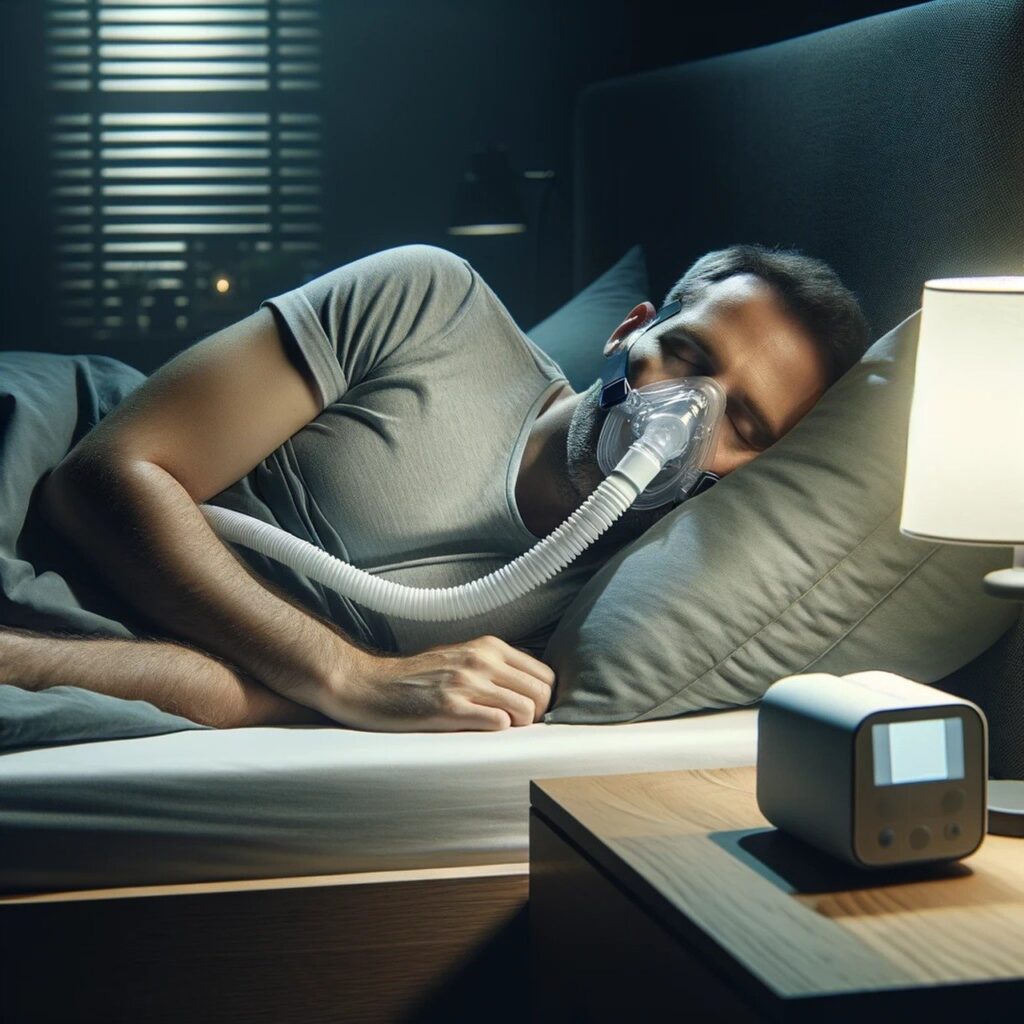Differences Between BiPAP and CPAP Machines
Medical devices for treating sleep apnea
What Are the Differences between BiPAP and CPAP Machines?
BiPAP (Bilevel Positive Airway Pressure) and CPAP (Continuous Positive Airway Pressure) machines are both commonly used to treat sleep apnea, a condition where breathing repeatedly stops and starts during sleep. While they both work to keep the airways open, they have some key differences:
Pressure Levels
CPAP machines deliver a constant pressure throughout the breathing cycle, keeping the airway open. BiPAP machines, on the other hand, provide two different pressure levels: a higher pressure when inhaling (inspiratory positive airway pressure or IPAP) and a lower pressure when exhaling (expiratory positive airway pressure or EPAP).
Breathing Patterns
BiPAP machines are often preferred for individuals who have difficulty exhaling against the continuous pressure provided by a CPAP machine. The ability to adjust the pressure during exhalation can make breathing more comfortable and natural for some users.
Prescription and Usage
CPAP is usually the first-line treatment prescribed for sleep apnea. BiPAP may be recommended for individuals who find it difficult to tolerate CPAP therapy due to high pressures or who have certain medical conditions such as central sleep apnea or neuromuscular disorders.
Cost and Availability
Generally, CPAP machines are more common and less expensive compared to BiPAP machines. CPAP devices are often the initial choice due to their simplicity and effectiveness for many users.
Medical Conditions
While CPAP is primarily used for obstructive sleep apnea (OSA), BiPAP can be used for both OSA and other conditions such as central sleep apnea (CSA), which involves a dysfunction in the brain’s respiratory control centers.
Conclusion
Ultimately, the choice between CPAP and BiPAP depends on individual needs, preferences, and medical conditions. It’s essential for patients to work closely with their healthcare providers to determine the most suitable therapy for their specific sleep apnea diagnosis and requirements.
Links
Read more about CPAP machines here.
